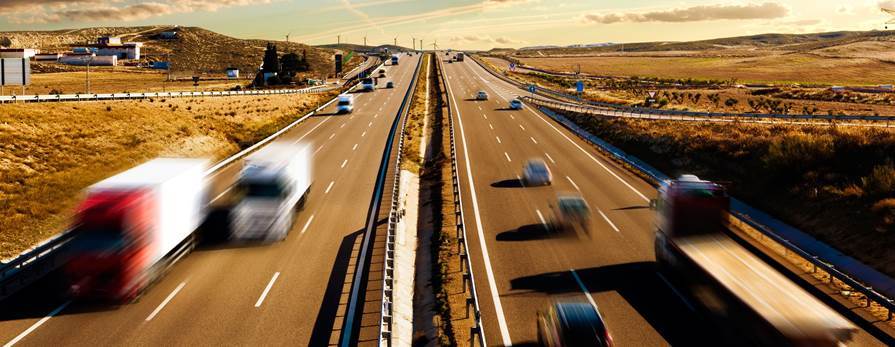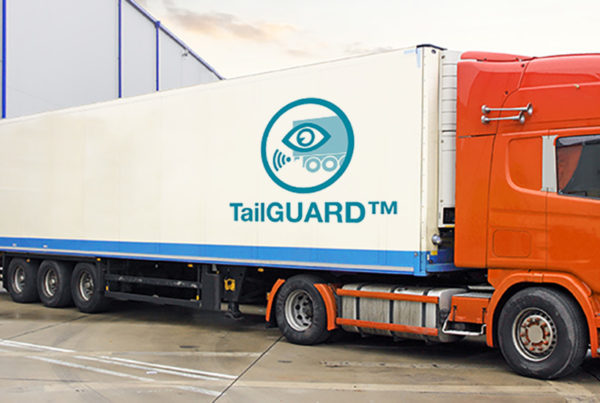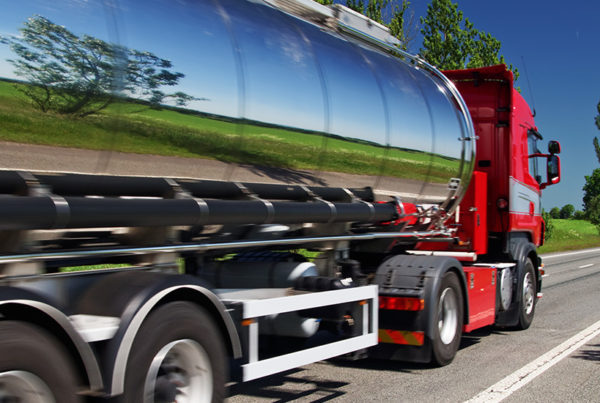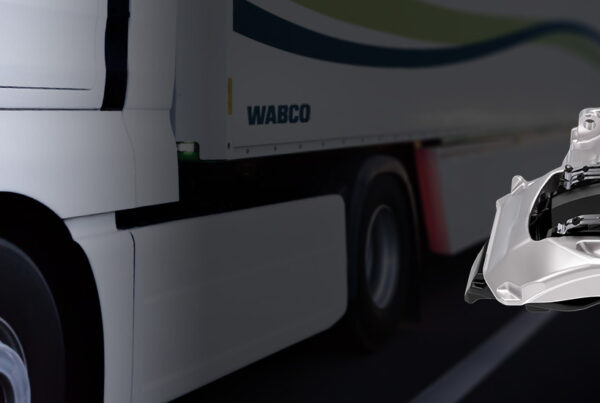Make sure fleet road safety is at the front of your thinking to help your business and reduce accidents. Learn more about road safety with WABCO.
Road safety is important for everyone who gets behind the wheel of a vehicle, whether driving professionally or not. But when it comes to fleet management, road safety is perhaps most crucial of all.
Fleet managers send their drivers out across the country, continent and the world in huge trucks that are vulnerable to damage, targets for theft and also have the weight and potential to cause much more harm than a car in accidents.
As a fleet manager, it is vital that you remain on top of the issues around road safety. This enables you to effectively plan for them and reduce the potential harm to drivers, other road users, vehicles and cargo.
The importance of safety for your business
As a manager, you are responsible not just for the vehicles in your fleet and their cargo, but also the drivers behind the wheel. Accidents can lead to serious injuries and in the worst case scenario fatalities.These can scare off potential new drivers if they think your business does not take road safety seriously, along with resulting in damaged goods that lead to delayed deliveries and unhappy customers.
With so many potential causes of accidents, you need to be aware of the risks that exist on the road to help you better manage and ensure you lower the possibility of them occurring.
The main factor in road collisions is human error. Issues can be caused by drivers who lack training, others who drive recklessly or carelessly, and by those who are taking to the road when they’re too tired. As a fleet manager it is essential that you monitor and ensure drivers are not exceeding tachograph rules.
You should also consider the vehicle too – is it in a road-worthy condition? Does it have potential issues that could lead to an expensive breakdown or accident? Vehicles damaged in accidents cost money to repair, lose money through downtime, not fulfilling orders and lead to customer dissatisfaction. And that’s without mentioning issues with liability if accidents involve third parties. That’s why commercial vehicle safety should be one of the top priorities for today’s fleet manager.
The main factor in road collisions is human error.
Causes of road accidents
Around 1.2 million people are killed in road traffic accidents across the world every year.[1] 93% of these occur in low and middle-income countries, providing an extra risk for fleets working across these regions despite the fact they only account for around 60% of global traffic.
The main causes of road accidents include:
- Speeding – every 1% increase in mean speed creates a 3% increased chance of a crash
- Drink driving – higher blood alcohol concentration (BAC) in drivers grows the risk of an accident
- Not using seat belts – wearing a seatbelt reduces the risk of death for drivers and front-seat passengers by 45 to 50%.
- Distracted driving – drivers using a mobile phone are four times more likely to be involved in an accident.
- Unsafe vehicles-not following basic safety standards increases the likelihood of an accident.[2]
Vehicles damaged in accidents cost money to repair, lose money through downtime, not fulfilling orders and lead to customer dissatisfaction.

How to improve fleet safety on the road
You can reduce accidents and improve fleet safety in a variety of ways, including:
- Employing diagnostic tools that highlight truck issues and devices that monitor driving performance.
- Using the latest in security innovations to protect the driver and cargo against theft.
- Ensuring your drivers get the training they need to drive safely.
- Using telematics to stay in touch with your drivers so you can help them on the road.
- Improve safety on the road for a leaner, greener and safer fleet operation.



